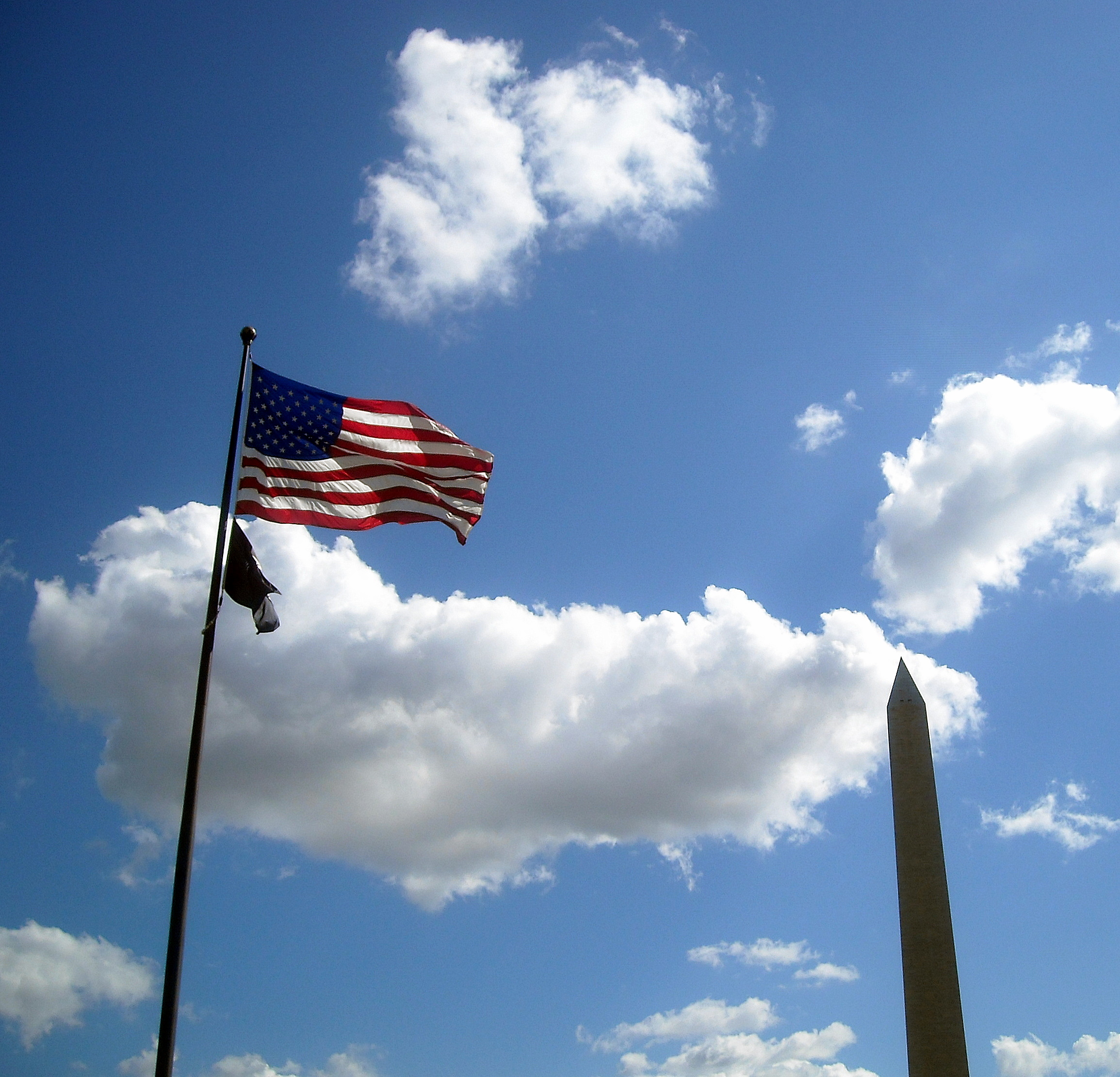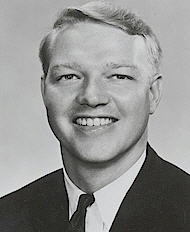 Since America is celebrating her birthday a day early, let’s do the same. Happy 233rd birthday, America! You’re this many fingers old. But a mere twenty-one months earlier, even George Washington didn’t think much about the idea of seceding from Britain. In a letter to British Captain Robert Mackenzie he wrote on October 9, 1774 of independence:
Since America is celebrating her birthday a day early, let’s do the same. Happy 233rd birthday, America! You’re this many fingers old. But a mere twenty-one months earlier, even George Washington didn’t think much about the idea of seceding from Britain. In a letter to British Captain Robert Mackenzie he wrote on October 9, 1774 of independence:
“…that no such thing is desired by any thinking man in North America; on the contrary, that it is the ardent wish of the warmest advocates for liberty, that peace and tranquility, upon constitutional grounds, may be restored, and the horrors of civil discord prevented…”
It’s not that Washington was content with the way things were, but the differences had not yet risen to the point where he felt they were irreconcilable. The Powell doctrine didn’t exist back then. The founders entered into a war not knowing whether they could win it. England’s soldiers were far from home, however, and France was looking for new ways to stick a finger in the King’s eye. Perhaps fortune and geography favored the foolish, and yet here we are. Why did they fight? Perhaps they felt it was simply the right thing to do.
It is often said that America’s revolution was one of ideas and not merely one of force. Those ideas had strong ideological grounding from the likes of John Locke, upon whom Jefferson based the preface of the Declaration of Independence. It was he who wrote that man was entitled to life, liberty, and property.
The real revolution did not end in 1781, however. It continues today as our country struggles through recession. Back then, the idea that we could ruin the entire world through global warming or nuclear war would have been considered laughable, and yet today it is understood by all but the most foolish. Back then black men counted as property, as did women and children. Today a black man is president, and America’s voice to the rest of the world is a woman.
Perhaps the next revolution lies in the orthodoxy of economics; the idea that production can sustain us. If production sustains us at the cost of the environment, it does so at the cost of our children. How we value the earth and future generations is something our current model does so poorly, that to this day coal production destroys land and pollutes the air.
Perhaps the next revolution will be how we as a world community live together. Although Roosevelt and Truman worked to form the United Nations in 1945, the institution has done a poor job at preventing wanton attacks on civilians, despotism, and adventurism.
Perhaps the next revolution is yet within America, on how we govern ourselves. As I look at the fiasco that faces the people of California I wonder what it will take to undo the tyranny of the minority of people who are unable to cope with the simple notion that you get what you pay for. If government requires the consent of the governed, which is really what King George III lost, doesn’t it also require at least some amount of common ground? Where is that common ground today? This is not just a challenge for politicians. Californians themselves must agree on what is important to fund and what is not.
So Happy Birthday America! Now let’s get back to work.
 The Wall Street Journal reported this week that the French government has relaxed restrictions on requiring retailers to close on Sundays. Americans will find this strange but most European countries are rather quiet places on Sundays, where many retailers are closed. This of course dates back to a time when one was expected to go to church and pray on Sundays, but now it is taken more simply as a day of rest.
The Wall Street Journal reported this week that the French government has relaxed restrictions on requiring retailers to close on Sundays. Americans will find this strange but most European countries are rather quiet places on Sundays, where many retailers are closed. This of course dates back to a time when one was expected to go to church and pray on Sundays, but now it is taken more simply as a day of rest. Since America is celebrating her birthday a day early, let’s do the same. Happy 233rd birthday, America! You’re this many fingers old. But a mere twenty-one months earlier, even George Washington didn’t think much about the idea of seceding from Britain. In a letter to British Captain Robert Mackenzie he wrote on October 9, 1774 of independence:
Since America is celebrating her birthday a day early, let’s do the same. Happy 233rd birthday, America! You’re this many fingers old. But a mere twenty-one months earlier, even George Washington didn’t think much about the idea of seceding from Britain. In a letter to British Captain Robert Mackenzie he wrote on October 9, 1774 of independence: When I grew up in New Jersey in the ’70s and into the ’80s, one of the constants in my life was my father’s love of the Philadelphia Phillies. Throughout the Spring and Summer, we would turn the rotor Antenna toward Philly and bring in snowy Channel 17, WPHL, to watch the game and listen to Harry Kalas and Richie Ashburn. When we were on the road we would listen to them as well, as one would provide coverage on the TV and the other on the Radio.
When I grew up in New Jersey in the ’70s and into the ’80s, one of the constants in my life was my father’s love of the Philadelphia Phillies. Throughout the Spring and Summer, we would turn the rotor Antenna toward Philly and bring in snowy Channel 17, WPHL, to watch the game and listen to Harry Kalas and Richie Ashburn. When we were on the road we would listen to them as well, as one would provide coverage on the TV and the other on the Radio.